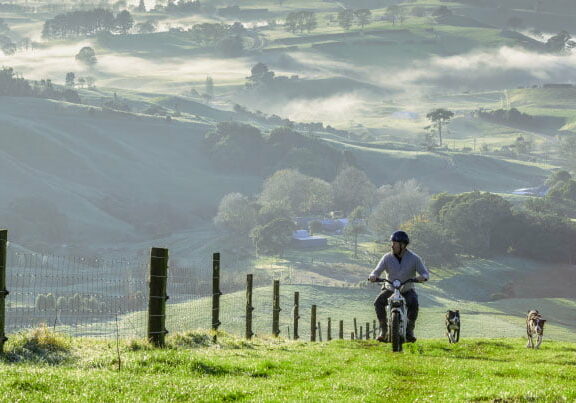Our Land and Water
Toitū te Whenua, Toiora te Wai
Our objective, set by Government, was to enhance the production and productivity of New Zealand’s primary sector, while maintaining and improving the quality of the country’s land and water for future generations.

The Our Land and Water National Science Challenge aimed to preserve the most fundamental treasures of our country – our land, water and associated ecosystems – while producing value from those same treasures.
As a challenge, this is the ultimate. Every New Zealander, both alive today and yet to come, has a stake in the outcome.
We envisage a future in which catchments contain mosaics of land uses that are more resilient, healthy and prosperous than they are today; a future where all New Zealanders can be proud of the state of our land and water and share economic, environmental, social and cultural value from them.
To reach that future will require ways of thinking and interacting with land and water that are fundamentally different from today. This transition needs to happen quickly, with industry and communities working together for change.
Our opportunity to change
The state of many of the country’s soils and freshwater bodies is poor. New Zealand is producing more food and fibre than ever before – but we capture and share only a small fraction of what our high-quality produce is sold for overseas. Environmental impacts such as climate change are already modifying our catchments. Land uses must adjust to keep producers resilient and market focused.
On the positive side, there is an increasing focus on soil and water quality, and the country is on an economic journey from volume to value. However, more needs to be done – and quickly – so that current and future generations can prosper.
That’s because change is coming – fast. Food consumption in many key markets is shifting in response to environmental concerns and health trends. Within Aotearoa, changing water quality standards and limits on nutrient use and carbon emissions are likely to impact primary production. People are more concerned about pollution in our rivers and lakes than any other issue facing New Zealand. Transformative solutions are required.
This was the economic and political context in which the Our Land and Water National Science Challenge existed. Our ‘theory of change’ was that consumers will reward sustainable production, and the prospect of capturing more of this value will incentivise producers to make choices that lead to better environmental, social and cultural outcomes.
Toitū te Whenua, Toiora te Wai
Title translation: Let the permanence of land remain intact (toitū te whenua), let water abound (toiora te wai). An adaption of the Māori proverb, “Toitū te whenua, whatungarongaro te tangata” (land is permanent, while people come and go).
Our research focused on 3 interconnected research themes
and 9 strategic areas
In the future landscapes contain mosaics of land use that are more resilient, healthy and prosperous than today.
Be able to see what diversity is possible and match land use to what it is suitable for.
Understand and model the management of land and water quality.
Provide the novel production systems that use healthy land and water to generate high-value products.
New Zealand’s primary producers are well- rewarded for producing high-value products in sustainable ways.
Capture and share with the producers more of the value consumers associate with our products.
Increase and share value based on mechanisms that rewards sustainable land use and high-value products.
Enable communities to identify and adopt sustainable land use practices.
We understand what it will take, and have the tools to help us, transition to resilient, healthy and prosperous futures.
Increase our social capital so that we can have well informed debate about alternative futures.
Act as kaitiaki, being responsible for our actions within enterprises, in a catchment and beyond.
Manage pressures and remove the barriers to a transition.
Our Land and Water was one of 11 National Science Challenges that focus on defined issues of national importance.
The Challenges were designed to take a more strategic approach to the Government's science investment by targeting goals that, if achieved, will have major and enduring benefits for New Zealand.
In our case, this meant tackling the biggest science-based issues and opportunities facing our country in the area of primary production, and the complex relationship it has with our precious land and water resources.
The National Science Challenges were transdisciplinary, mission-led programmes that required collaboration between researchers from universities and Crown Research Institutes, businesses and non-government organisations to achieve their objectives.
Our Land and Water was one of the largest National Science Challenges, funded by MBIE for up to $96.9 million over 8 years.
 View Our Strategy Document 2019 – 2024
View Our Strategy Document 2019 – 2024



